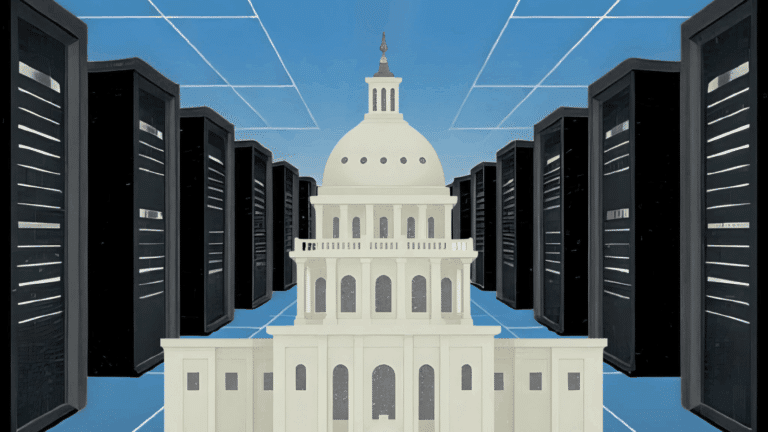This website uses cookies as well as similar tools and technologies to understand visitors’ experiences. By continuing to use this website, you consent to Columbia University’s usage of cookies and similar technologies, in accordance with the Columbia University Website Cookie Notice.
More News
Carbon capture pipelines have struggled to advance. A project in Nebraska found success
A large-scale carbon capture pipeline began operating in the Midwest in September, succeeding where others have so far fallen short.
Reflections from 2025 NY Climate Week
It was great to see so many of you in my hometown last week for New York Climate Week–whether at various events and nightcaps or while giving you a ride through the traffic-clogged streets on my e-bike.

Women in Energy Fellowship: Building the Next Generation of Energy Leaders
When Nimita Uberoi transitioned from the public to the private sector, she quickly realized that her network and skill set didn’t transfer as seamlessly as she had hoped....

The electric grid’s battery capacity expanded 66% last year, and there’s more to come
Batteries facilitate the adoption of renewable energy. Their installation costs, as well as the price of lithium, have come way down.
Relevant
Publications
Data Centers and Their Energy Use: Trends in State Capitals
From the east to west and north to south, in red states and blue states, attention to data centers is skyrocketing in state capitals across the United States.

Is a Libyan Oil Revival Underway?
Libya's bid round for new oil and gas exploration and production highlights its potential revival as a major oil producer.

Carbon Competitiveness: Industry Steps Up as Global Priorities Shift
Economic, political, and fiscal realities have shifted energy policy priorities across the globe toward the goals of affordability and competitiveness.



